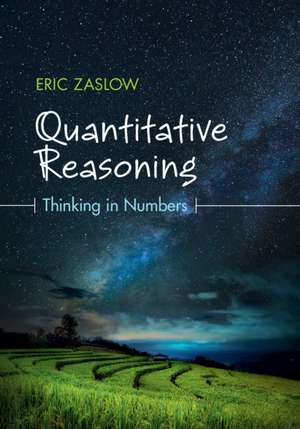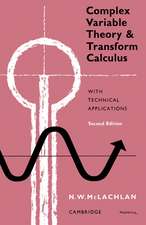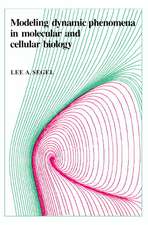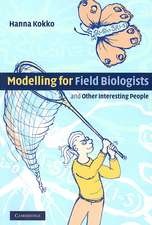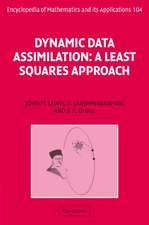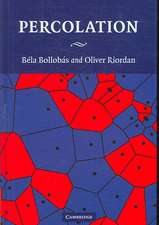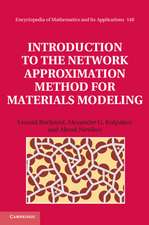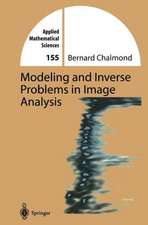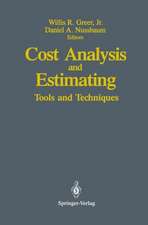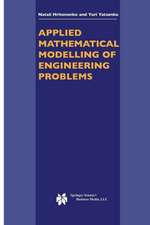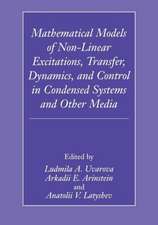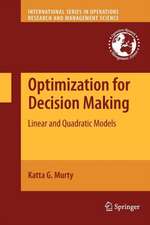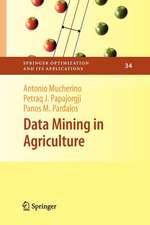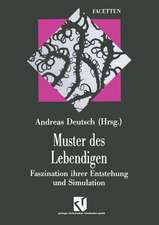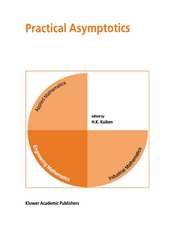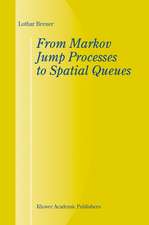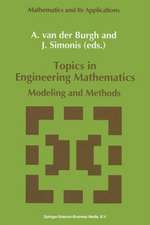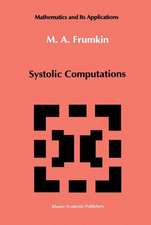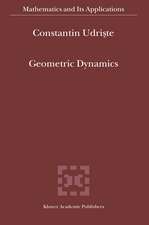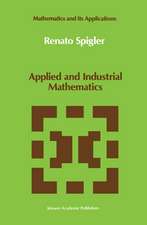Quantitative Reasoning: Thinking in Numbers
Autor Eric Zaslowen Limba Engleză Paperback – 15 ian 2020
| Toate formatele și edițiile | Preț | Express |
|---|---|---|
| Paperback (1) | 248.82 lei 6-8 săpt. | |
| Cambridge University Press – 15 ian 2020 | 248.82 lei 6-8 săpt. | |
| Hardback (1) | 454.55 lei 3-5 săpt. | |
| Cambridge University Press – 15 ian 2020 | 454.55 lei 3-5 săpt. |
Preț: 248.82 lei
Nou
Puncte Express: 373
Preț estimativ în valută:
47.61€ • 49.71$ • 39.32£
47.61€ • 49.71$ • 39.32£
Carte tipărită la comandă
Livrare economică 15-29 aprilie
Preluare comenzi: 021 569.72.76
Specificații
ISBN-13: 9781108410908
ISBN-10: 1108410901
Pagini: 258
Ilustrații: 22 b/w illus. 8 tables
Dimensiuni: 178 x 253 x 13 mm
Greutate: 0.54 kg
Editura: Cambridge University Press
Colecția Cambridge University Press
Locul publicării:New York, United States
ISBN-10: 1108410901
Pagini: 258
Ilustrații: 22 b/w illus. 8 tables
Dimensiuni: 178 x 253 x 13 mm
Greutate: 0.54 kg
Editura: Cambridge University Press
Colecția Cambridge University Press
Locul publicării:New York, United States
Cuprins
1. Is college worth the cost?; 2. How many people died in the Civil War?; 3. How much will this car cost?; 4. Should we worry about arsenic in rice?; 5. What is the economic impact of the undocumented?; 6. Should I buy health insurance?; 7. Can we recycle pollution?; 8. Why is it dark at night?; 9. Where do the stars go in the daytime?; 10. Should I take this drug for my headache?; Appendix 1. Numeracy; Appendix 2. Arithmetic; Appendix 3. Algebra; Appendix 4. Geometry; Appendix 5. Units and scientific notation; Appendix 6. Functions; Appendix 7. Probability; Appendix 8. Statistics; Appendix 9. Estimation.
Recenzii
'Quantitative Reasoning: Thinking in Numbers is as engaging as it is informative. Zaslow takes intriguing questions, such as 'What impact do undocumented immigrants have on the US economy?' and 'Why is it dark at night?', and skillfully communicates the disciplinary knowledge, data, mathematical tools, and logical reasoning skills needed to approach these questions.' Allison K. Henrich, Seattle University
'With chapter titles such as 'Is College Worth the Cost?', 'How Many People Died in the Civil War?', and 'Why Is It Dark at Night?', the author draws the reader in by means of topics that are relevant and also pique one's curiosity. The writing is very user-friendly, inviting readers to think of and write down possible answers to the posed questions, before getting into the actual mathematics. I very much appreciate the way in which perhaps nervous students will be made to feel that they can think through the questions at hand, and come to well-reasoned answers without getting bogged down in unnecessary complexities. Students using this book will improve both their quantitative reasoning skills and their self-confidence in their ability to solve real-life questions involving numerical data.' Graeme Bird, Harvard University
'A number of our students enter university without the quantitative skills needed to succeed in further STEM studies, and Zaslow's pre-college summer course - and text - in quantitative reasoning was so effective in addressing this common obstacle at Northwestern that we made the course a permanent part of the curriculum open to all students.' Mary Finn, Northwestern University
'Any late high school/early college math text that begins with the question of whether college is worth the cost should be required reading. What a powerful and enduring illustration for every instructor. And the rest of the text follows in kind. Ostensibly, Zaslow has written a text for mathematics students. In reality, he's provided a research-based, easily applicable framework for analyzing any rich problem. It's the best form of professional development and growth I've seen in years. Instructors, read it, teach it, understand it, and then apply the principles to your own favorite problems and those of your students.' Dave Meyers, Co-founder and CEO of Teachers Connect
'With chapter titles such as 'Is College Worth the Cost?', 'How Many People Died in the Civil War?', and 'Why Is It Dark at Night?', the author draws the reader in by means of topics that are relevant and also pique one's curiosity. The writing is very user-friendly, inviting readers to think of and write down possible answers to the posed questions, before getting into the actual mathematics. I very much appreciate the way in which perhaps nervous students will be made to feel that they can think through the questions at hand, and come to well-reasoned answers without getting bogged down in unnecessary complexities. Students using this book will improve both their quantitative reasoning skills and their self-confidence in their ability to solve real-life questions involving numerical data.' Graeme Bird, Harvard University
'A number of our students enter university without the quantitative skills needed to succeed in further STEM studies, and Zaslow's pre-college summer course - and text - in quantitative reasoning was so effective in addressing this common obstacle at Northwestern that we made the course a permanent part of the curriculum open to all students.' Mary Finn, Northwestern University
'Any late high school/early college math text that begins with the question of whether college is worth the cost should be required reading. What a powerful and enduring illustration for every instructor. And the rest of the text follows in kind. Ostensibly, Zaslow has written a text for mathematics students. In reality, he's provided a research-based, easily applicable framework for analyzing any rich problem. It's the best form of professional development and growth I've seen in years. Instructors, read it, teach it, understand it, and then apply the principles to your own favorite problems and those of your students.' Dave Meyers, Co-founder and CEO of Teachers Connect
Notă biografică
Descriere
Employs basic mathematical skills to teach students how to address topical, real-world problems using quantitative reasoning.
